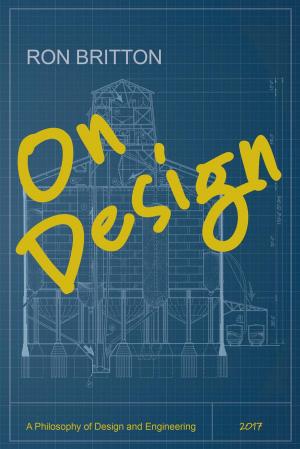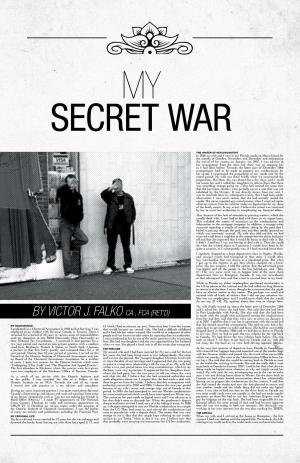| Author: | Herb Bentz | ISBN: | 9781460280973 |
| Publisher: | FriesenPress | Publication: | December 14, 2016 |
| Imprint: | Language: | English |
| Author: | Herb Bentz |
| ISBN: | 9781460280973 |
| Publisher: | FriesenPress |
| Publication: | December 14, 2016 |
| Imprint: | |
| Language: | English |
Our economy has spiralled out of control with too much focus on the quantity of production. The way to reduce this wasteful overproduction of goods and services is to increase their quality. In this groundbreaking book, industrial designer Herb Bentz explains how to fix the economy and break the environment versus economy deadlock. Bentz tells us how the use of good design can improve the quality of what we produce and how a beneficial growth in quality can substitute for the destructive increase in quantity. Tying together many diverse aspects of the economy—economic growth, unemployment, the welfare state, and the need to ration—Rationing Earth provides a critical analysis and a way forward at this crucial moment. Despite high wealth in rich countries, there is still poverty and inadequate funding for social programs. This unjustified austerity has resulted in a persistence of economic insecurity, the proliferation of poor quality products, and inadequate action on environmental problems. Bentz provides an economic solution from a designer’s perspective. By using elements of design thinking to achieve an overarching synthesis of the world’s challenging problems, including effectiveness of government, the opposing demands of capital and labour, positive and negative effects of technology, and the absolute boundaries of a finite earth, he presents practical solutions to the conflicting needs for economic growth, full employment, and reduced consumption. In each of these areas, Rationing Earth addresses the toughest questions: How will we adapt to less economic growth? How do we solve unemployment? What is the proper role of government? And how can we create an economy that effectively rations scarce resources without reducing prosperity? Bentz blends an entertaining style with a concise but broad analysis that is provocative, informative, and pertinent to anyone interested in economic change that has a positive impact on the environment.
Our economy has spiralled out of control with too much focus on the quantity of production. The way to reduce this wasteful overproduction of goods and services is to increase their quality. In this groundbreaking book, industrial designer Herb Bentz explains how to fix the economy and break the environment versus economy deadlock. Bentz tells us how the use of good design can improve the quality of what we produce and how a beneficial growth in quality can substitute for the destructive increase in quantity. Tying together many diverse aspects of the economy—economic growth, unemployment, the welfare state, and the need to ration—Rationing Earth provides a critical analysis and a way forward at this crucial moment. Despite high wealth in rich countries, there is still poverty and inadequate funding for social programs. This unjustified austerity has resulted in a persistence of economic insecurity, the proliferation of poor quality products, and inadequate action on environmental problems. Bentz provides an economic solution from a designer’s perspective. By using elements of design thinking to achieve an overarching synthesis of the world’s challenging problems, including effectiveness of government, the opposing demands of capital and labour, positive and negative effects of technology, and the absolute boundaries of a finite earth, he presents practical solutions to the conflicting needs for economic growth, full employment, and reduced consumption. In each of these areas, Rationing Earth addresses the toughest questions: How will we adapt to less economic growth? How do we solve unemployment? What is the proper role of government? And how can we create an economy that effectively rations scarce resources without reducing prosperity? Bentz blends an entertaining style with a concise but broad analysis that is provocative, informative, and pertinent to anyone interested in economic change that has a positive impact on the environment.















